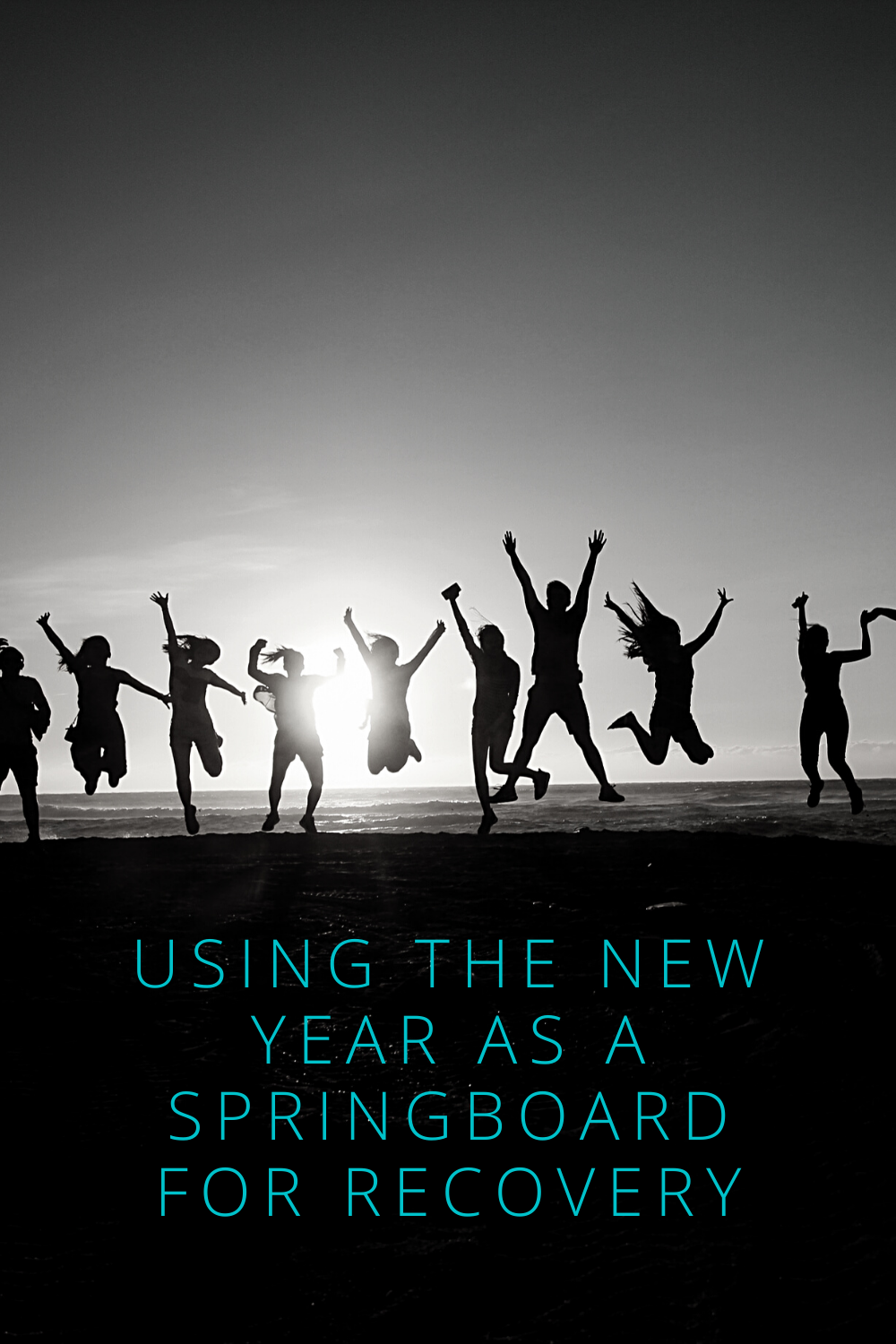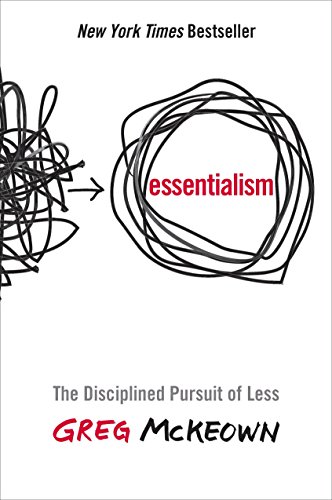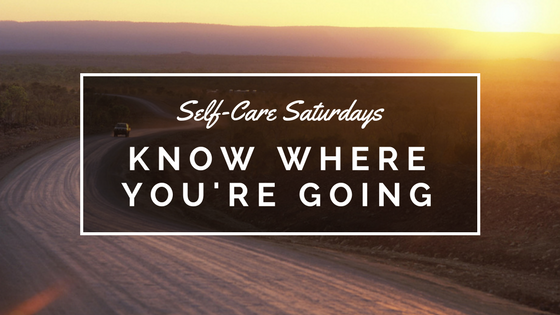For many of us, a new year represents a new beginning. The practice of making resolutions reflects this energy surrounding the vision of a fresh start. One calendar year ending and another beginning creates a natural moment for a reset, a time when we’re encouraged to pause and reflect on the progress of our lives.
Whether you participate in setting resolutions or not, this fresh start may be just the push you need to commit (or re-commit) to your addiction recovery. For those who battle sex and love addiction, the holidays leading up to New Year’s can be rife with triggers and reminders of pain. You may have coped by using addictive behaviors to self-medicate and had a relapse. Use this as an opportunity to learn and start out fresh as you begin your new year.
How to Make a Fresh Start in Addiction Recovery
Tell someone.
For those of you who are aware that you have a problem and aren’t quite sure what to do about it, the first step is to let someone else in to your struggle. Typically, you’ve made attempts to stop on your own, but you realize how isolating addiction can be. This feels like the scariest step, as it involves a high level of vulnerability.
Often it can be challenging to start out by sharing with our friends or family members, so it may be helpful to consider someone like a therapist or 12 Step group member to share with for your first time. Consider safe people in your life who will offer you love and acceptance when you share with them.
Go to your first 12 Step meeting.
Along with telling someone, beginning to attend 12 Step meetings and receive support are essential first steps in recovery. A meeting may even be the first place you choose to share about your struggle.
Most people feel fear or anxiety about attending a 12 Step meeting for the first time. You might be thinking, What if I see someone I know there? or I’m not as bad as these people, I don’t need to go to these meetings. I’ve noticed in my practice that involvement in 12 Step has been a game-changer for so many people in finding supportive community and a place where they can talk about their struggles with people who get it.
Search in your area for 12 Step meetings on their respective websites. For sex and love addicts, I’d recommend Sex Addicts Anonymous (SAA), Sex and Love Addicts Anonymous (SLAA), or Sexaholics Anonymous (SA). In-person meetings are the best, but if there isn’t a local meeting in your area, you can also participate in online or phone meetings. Take the leap. It’s worth it.
Seek out counseling.
Some can recover from addiction without ever setting foot in a counseling office. But for many, counseling is an essential part of their recovery plan. The additional support of specialized counseling for sex and love addiction can help you remain focused on your recovery goals. It also gives you one person you know who will hold you accountable for your behaviors.
Often addicts have no clue why they do what they do: it feels like they’re on autopilot. If you resonate with that, counseling can help you explore the motivations and reasons behind your destructive behaviors and explore other options. Addiction is also associated with past experiences of trauma, and counseling provides a space to explore healing from that trauma.
Get a sponsor.
For the same reason that having a counselor is incredibly impactful to recovery, having a sponsor is essential to success in a 12 Step program. You need someone who can mentor you through the experience, guide you through the 12 Steps, offer accountability and support when you’re tempted to return to your addiction, or just be there on a consistent basis.
Often, connecting with a sponsor gives you a built-in pathway to community with the larger 12 Step network. It is recommended that sponsors have at least one year of sobriety and have worked through the 12 Steps. In order to achieve that, your sponsor likely has built relationships within the community. He or she can connect you to those others and build a stronger foundation of relationships to support you on your path to recovery.
Do your First Step.
Working your way through the 12 Steps is a proven path to recovery. 12 Step programs wouldn’t be as popular or as recommended as they are if they didn’t actually work. Commit to your own personal work through the program by starting at the beginning.
In the First Step, you are encouraged to admit your powerlessness over your addiction and your inability to manage it on your own. This is a constant reminder of the humility every addict needs to keep them on track for recovery. Even if you’ve worked through your First Step before, starting out a new year returning to the foundation of the 12 Step process can remind you of your need for the program in a new way.
Begin working toward formal disclosure with your partner.
If you’ve been procrastinating on completing a formal disclosure, that makes sense. Disclosure is a challenging process of becoming completely honest with your partner about your addictive behaviors. However, complete honesty and integrity is the only way to build the foundation of your relationship and create trust with your partner.
Talk with your counselor about disclosure. Begin by putting together a timeline of your addiction, including any changes, escalation, or attempts to stop. Seek out a CSAT-certified therapist to walk you through the disclosure process, if you aren’t already working with one.
Offer service to others.
Step Twelve involves choosing to share your time or energy with others who are in recovery, which can serve multiple purposes. First, it can redirect your focus from yourself and your own struggles to helping others. Second, it can keep you accountable: if you’ve volunteered to help out at a meeting, you’re responsible for carrying out what you said you would do. Third, helping others creates connection and community, as you interact with others while you’re helping.
Offer to run a meeting, set up chairs, or be a phone contact for a new member of your 12 Step group. Share your First Step at a meeting so those who are new to your group can feel less alone. If you’ve been in solid recovery for at least one year and have your own sponsor, consider becoming a sponsor to someone else and passing what you’ve learned along.














